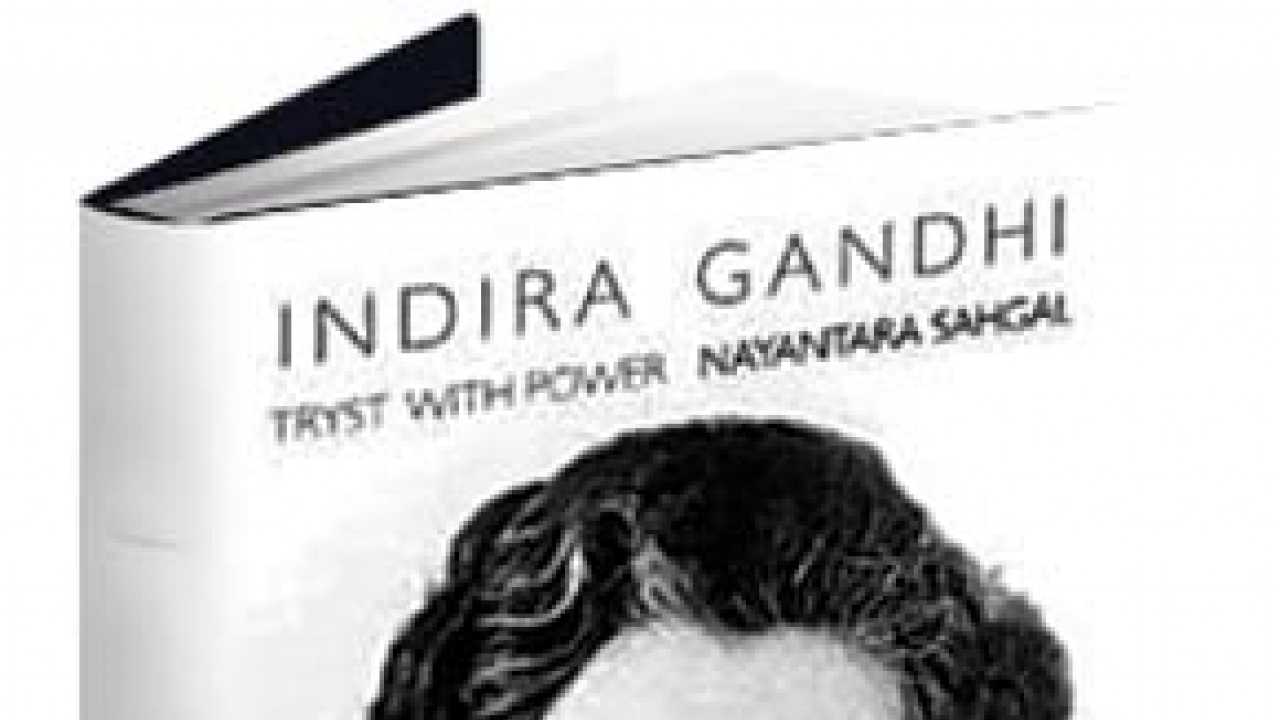
It is immensely difficult to draw a fair balance sheet of the achievements and shortcomings of as complex a leader like Indira Gandhi. For 18 years, including the three when she was bereft of power, the sheer power of her personality ensured that the politics of the country, even its fate, was so inextricably entwined with hers.
Her tremendous courage and quiet confidence in face of adversity; her robust sense of national respect which gave her strength to meet any superpower on equal terms; her astuteness in diplomacy; her feminine charm which could build bridges with the world’s womanhood; her cosmopolitanism untainted by communal or linguistic parochialism which made her acceptable to all of India; her interests in the arts, science and culture; her capacity to pick up the latest trends in the world of thought and ability to talk in modernist language — all these were a combination unmatched by any of her contemporaries on the world political scene. She, like her father, also had a unique knack of being popular and winning people’s hearts without actually participating in their lives.
Yet, her charisma rested on promising things to all people — promises that lacked internal consistency. Indira’s charisma was nurtured on the assiduously induced feeling that she alone could deliver goods. Her domestic politics was amoral; she destroyed all political institutions and reduced her party to a captive instrument of her political will.
The culture of looking to the prime minister for everything, of using the mass media brazenly to build the images of prime ministers’ progeny, grew in her time to unprecedented proportions. Undoubtedly, these undermined democracy. She had an authoritarian streak, and though a cultured woman, she rarely tolerated dissent. She did, in many respects, irreparable harm to Indian democracy.
Apart from her infamous imposition of the internal emergency, the use of the army to resolve internal disputes greatly increased in her time; and she encouraged a culture of sycophancy and nepotism. She had no doubt that her interest and that of her family was synonymous with the interest of the country, and was convinced of her indispensability.
Indira Gandhi—Tryst with Power provides a ringside view of Indira and her times as viewed by her cousin, Nayantara Sahgal. Her story begins with the glory days of the Nehru family and ends with the perssimistic mess that India had become at the end of the Nehru era, which concluded with the assassinations of Indira Gandhi in 1984 and her son and successor, Rajiv, in 1991. Sahgal’s unique vantage point provides us with a solid psychological basis to explain Indira Gandhi’s actions and her personality. She writes critically of her cousin both politically and personally, particularly of the emergency rule under her tenure.
However, the book fails to give an objective analysis and what it provides is a completely one dimensional portrait of one of independent India’s most complex leaders. Nonetheless this new edition confirms the enduring interest in Indira Gandhi and the strong passions she still arouses among her admirers and detractors alike.